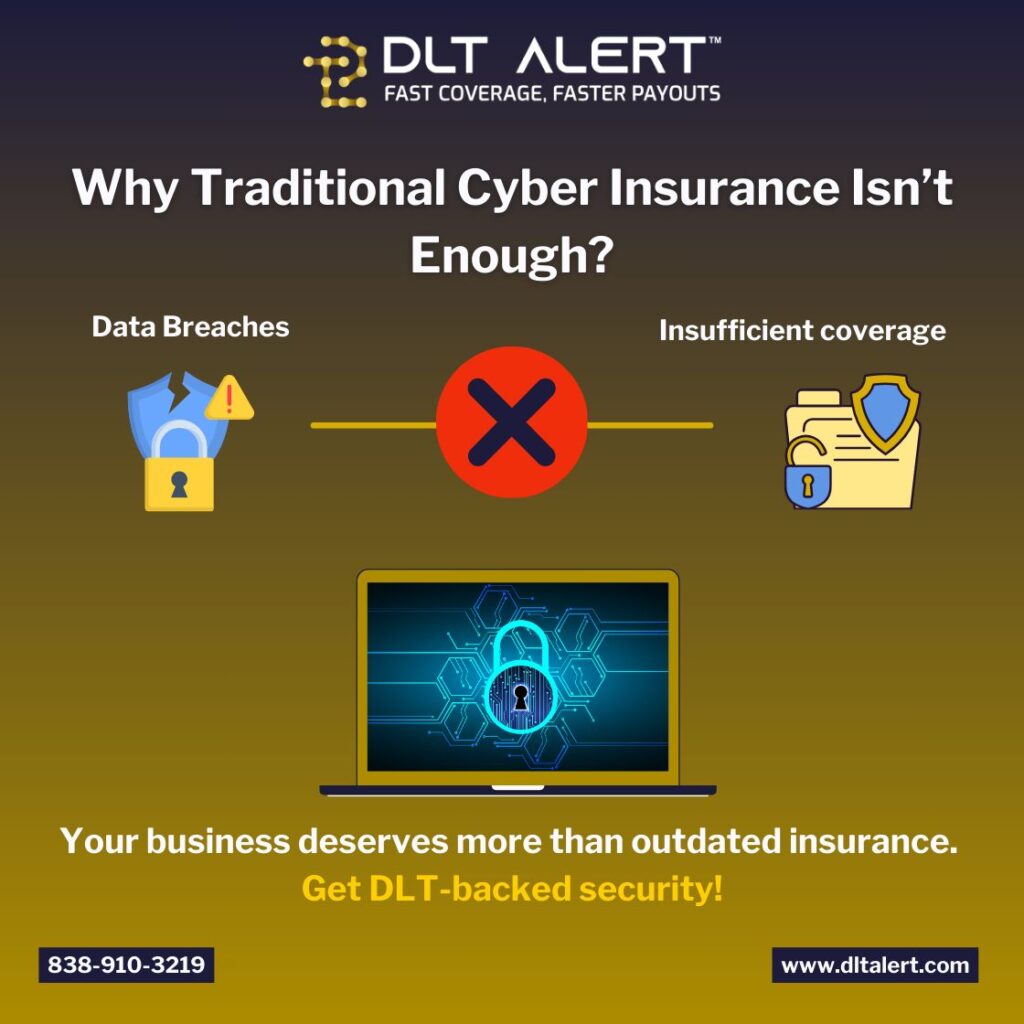The moment your business moves even a fraction of its operations online, it steps into a world that’s as risky as it is full of opportunity. For small and medium businesses, cyber threats have become an unfortunate constant.
From phishing emails to ransomware attacks that freeze operations in seconds, the digital battlefield keeps evolving—and companies are forced to respond with equal intensity.
That’s where the conversation begins: how do you protect your business from cyber threats not just technically, but financially?
For years, cyber insurance has been marketed as the solution, but today, a new contender has entered the scene—cyber warranties, backed by agile and innovative cybersecurity warranty providers.
But what exactly sets these two apart, and which one actually gives your business a better fighting chance?
The Cyber Insurance Promise—And Its Pain Points
Let’s rewind. When cyber insurance first became mainstream, it sounded like the logical step. Policies that could cover the costs of a breach—legal fees, recovery, customer notification, even business downtime. Sounds great, right?
But here’s what many companies quickly learned: actually making a claim was a completely different story. The underwriting process alone is exhaustive, with paperwork, checklists, and third-party assessments. Then come exclusions—fine-print rules that exclude common attack types or deny payouts based on minor compliance failures.
Many small businesses, even if they want coverage, get priced out or rejected altogether. And if you do get approved, there’s the issue of waiting—claims that take weeks or even months to be processed, all while you’re scrambling to recover.
Read More: Disadvantages of Cyber Insurance
Cyber Warranties: Built for Modern Risk
Now imagine this. Instead of a long, complex policy, you get a warranty that activates instantly if a cybersecurity failure occurs—no red tape, no drawn-out claim. That’s the foundation behind what modern cybersecurity warranty providers are bringing to the table.
Cyber warranties are tied directly to the performance of your existing cybersecurity stack. If an approved endpoint protection system fails to stop a ransomware attack, the warranty kicks in—paying for losses, recovery, and even business disruption. It’s automated, fast, and backed by live security telemetry.
The best part? These warranties are often integrated into platforms you’re already using, like Microsoft Defender, SentinelOne, or O365 security suites. So instead of just covering you after the fact, they actively monitor your risk in real time.
Why Small Businesses Are Turning to Cyber Warranties
Here’s what’s changing the game for SMBs:
Most small businesses don’t have huge IT budgets or dedicated security teams. But what they do have is risk—lots of it. Cybersecurity warranty providers understand that, and they’re creating models that work with SMBs, not against them.
Instead of forcing a company to check 40 boxes before offering financial protection, these warranties plug into your existing environment, assess your real-time risk, and provide immediate assurance that if something slips through the cracks, you won’t be left holding the bill.
And because they’re proactive, these providers also help businesses improve their defenses over time. Your Secure Score matters. Your patching cadence matters. The more you improve, the stronger your protection—and your eligibility for higher warranty coverage.

Not Just Protection—Proof
There’s a hidden benefit too. Say a small business uses cyber warranties for a year, with a clean record. No breaches, no misuse. That warranty history now becomes a track record—one they can use to apply for cyber insurance later on, often with better terms.
In that way, warranties don’t just offer coverage—they build a bridge toward stronger, more traditional protections as businesses grow.
The Verdict: What Should You Choose?
If you’re a large enterprise with a dedicated CISO and millions in annual revenue, you might need both insurance and warranties. But for the vast majority of growing businesses, working with cybersecurity warranty providers may be the smartest first step.
You get faster financial protection. You avoid drawn-out claims. And most importantly, you gain confidence that your cybersecurity isn’t just reactive—it’s responsive.
In a world where threats come fast and constantly evolve, that level of protection isn’t just nice to have—it’s essential.
Also Read: Ransomware Warranties: A New Line of Defense for Businesses





